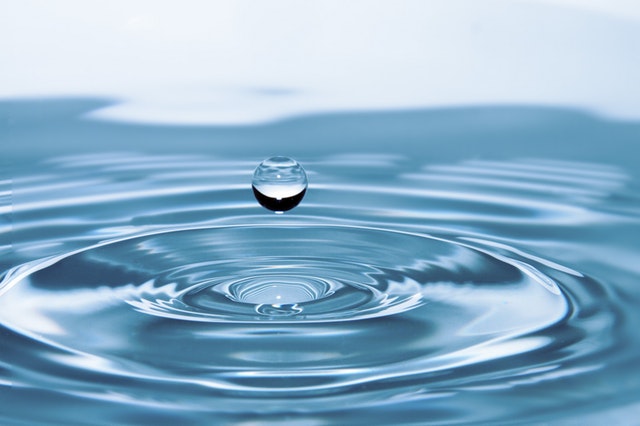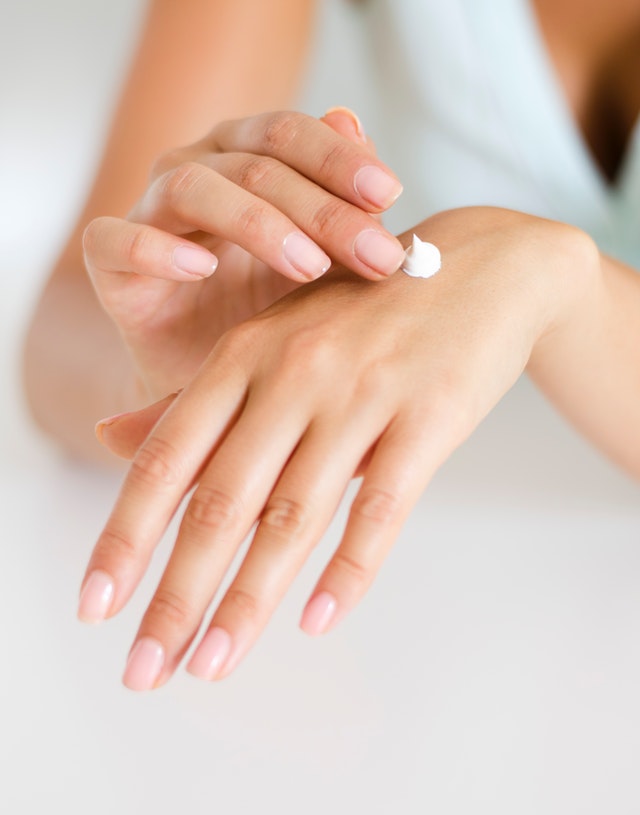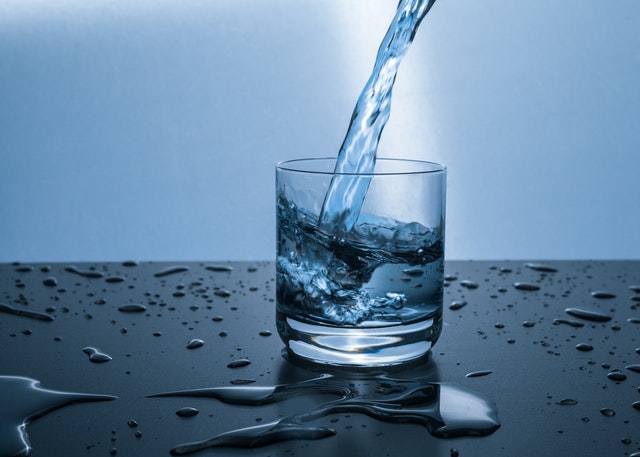Water filtration has quickly become one of the hottest discussions among homeowners. People have started seeing the benefits of water filtration, and the demand for water filtration systems has increasingly grown. If you’re yet to adopt this addition, you may be asking what you’ll gain by filtering your water at home. What you need to know is that this process has various benefits, ranging from preventing health issues to improving water taste. Another thing you should note is that a filtration system is not a luxury, but rather, it’s a necessity that should be adopted in every home since the importance of water filtration is very high.
The Importance of Water Filtration
To Stay Away From Diseases
One vital benefit of filtering your water is that it helps to prevent various diseases such as typhoid, cancer, and cholera. Did you know that the water supply coming into your home may be carrying harmful contaminants such as viruses, bacteria, pesticides, drugs, arsenic, etc.? Even though these contaminants may not show any effects in the short-term, the long-term effects of drinking such water may be dangerous. Increased levels of chlorine can lead to rectal and bladder cancer. Presence of high levels of lead can lead to brain damage and even nervous disorders. You also run the risk of getting typhoid and cholera from contaminated water.
By using an effective water filtration system, you’ll remove the contaminants and save yourself from serious health issues.
An Overall Improved Body Health
We need water for various body functions such as secretion, excretion, detoxification, lubrication, respiration, etc. 70% of our bodies is made up of water, and that’s why organs such as the liver, brain, and kidney depend on water for their proper functioning.
Water is an essential element that maintains the right balance of fluidity and pressure in the body and also provides flexibility and strength to bones and cartilage. However, the water has to be clean and free of any contaminants. Impure water can have a serious adverse effect on these crucial body functions. Water filtration gives us enough pure and clean water to help in the normal functioning of the body. Besides water filtration, water softeners are able to help improve overall body help through your water as well. If you’re keen on improving your overall health, an effective water filtration system can help you accomplish it.
A Healthy Good Looking Skin
When we shower, particularly with warm water, we open our skin’s pores. If you’re showering with contaminated water, then your skin may absorb these harmful pollutants through the opened pores and result in a dry, rough and itchy skin. Showering using water that comes from a water filtration system will help you keep these pollutants away. Since they will be completely removed from the water you use to shower, there will be no chance of you inhaling or absorbing them. Thus, you’ll be able to achieve a healthier, younger, cleaner and good looking skin.
To Achieve Strong and Healthier Hair
You may be wondering what is making your hair weak. You use all types of hair products to make your hair healthier, but it is still dull and unhealthy. What you may not know is that your unhealthy hair is as a result of washing with contaminated water. Pollutants in your tap water can break the protection layer present around your hair, making it look dull, weak and rough. By washing your hair using clean water from a filtration system, you’ll stop hair fall and achieve strong, healthy and lustrous hair.
Filtered Water Aids in Natural Weight Loss
For those who may be struggling with weight loss, filtered water can be an effective element to help you out. Water is a very important component in weight loss because it helps in the process of metabolism. Also, it assists in the absorption of food nutrients in the body. However, even though tap water can do the job, filtered clean is important to prevent any contaminants that can hinder the process of metabolism. This will help in natural weight loss which is healthy too.
Bottom Line
Water filtration systems have seen a spike in popularity recently, and with good reason. Since there are various benefits to consuming filtered water, the importance of water filtration has also grabbed the attention of many people. Some benefits include: keeping your body from diseases, improved overall body health, stronger and healthier hair, and more.



